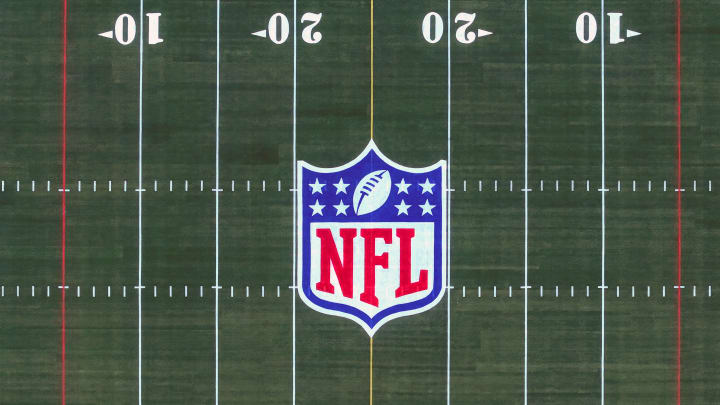NFL Loses Sunday Ticket Ruling, But Case Is Far From Over

A class-action lawsuit that began in 2015 reached a conclusion—sort of—on Thursday when a jury ruled that the NFL violated antitrust law in requiring purchasers of its out-of-market Sunday Ticket package to pay a premium price for all games, rather than a customizable package of games (with customizable pricing). The jury awarded the plaintiffs over $4.7 billion, which will be “trebled” (tripled to) more than $14 billion as per antitrust law and damages.
For some background, the NFL does have an antitrust exemption with regard to broadcasting, one given by Congress in 1961, which allows the league to package all games and sell them to ESPN, Fox, CBS, NBC, etc. The league’s argument, and it seems sensible, was that the exemption should apply to the Sunday Ticket games as well. But the jury disagreed, perhaps swayed by a couple of smoking gun memos introduced into evidence that suggest the NFL (1) could have charged less—a lot less—for the package, but was influenced by Fox and CBS not to, and (2) was approached by ESPN to offer team-by-team packages, again for a lot less than the collective offering, but declined.
Practically speaking, if there was no antitrust exemption for broadcasts, teams such as the Dallas Cowboys and Green Bay Packers could sell their rights for dramatically more than, say, the Carolina Panthers and Jacksonville Jaguars. If this verdict were to hold, that would be true for the out-of-market packages, albeit with much less impact than the overall package.
Some of the primary questions I am receiving about this are:
1) Will this affect how out-of-market games are priced and packaged?
2) How would one access the damages owed to them as a plaintiff?
3) Will this big damages amount affect the NFL at all, specifically the salary cap?
The NFL owners, who would split the damages bill 32 ways, will be fine. Their teams are worth an average of $4 billion, league revenues are over $20 billion annually and any payout will be over many years. As for accessing the award, there are instructions and as with any class-action award, it would be parceled out as per a formula after the lawyers take their significant cuts. As for the salary cap, that is based on league revenues, not league expenses; it will not be affected.
The key point to note here is this litigation will likely enter its second decade. The NFL will appeal first to the trial judge, to be heard on July 31. That judge telegraphed a favorable attitude toward the league throughout the trial despite the jury verdict against them. He could throw out the jury verdict and rule for the NFL or reduce the award. If not successful there, the NFL could appeal to the Ninth Circuit Court of Appeals. And if not successful there, it could appeal to the U.S. Supreme Court. Bottom line: No plaintiffs are getting any money any time soon.
The NFL still believes it has “good facts” despite the smoking gun memos. Years ago, the league settled the lawsuit with the city of St. Louis, knowing it had “bad facts.” Here, I am told that the league executives and attorneys are telling team owners that “they got this.”
We will see.
